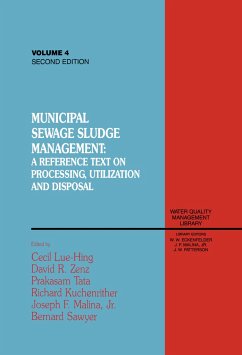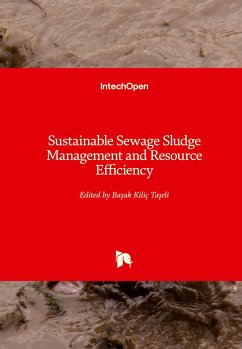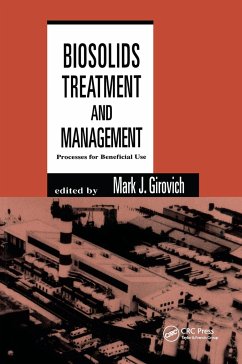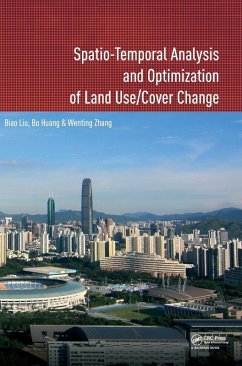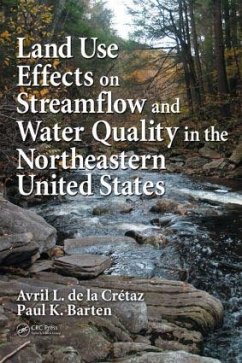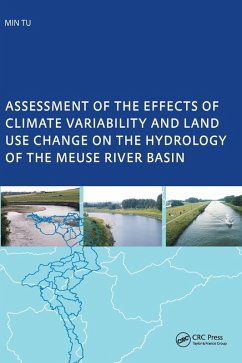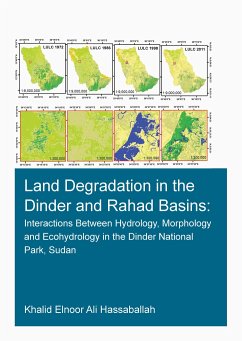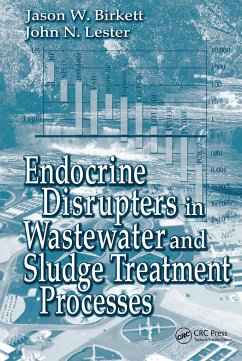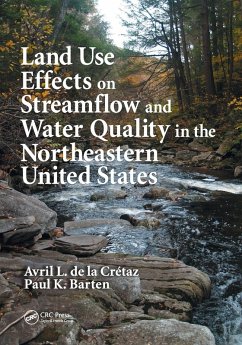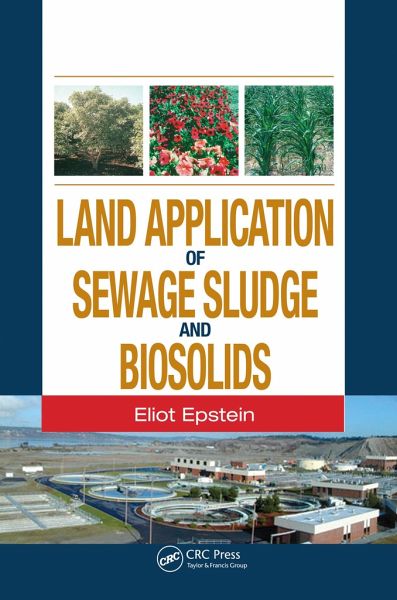
Land Application of Sewage Sludge and Biosolids
Versandkostenfrei!
Versandfertig in 1-2 Wochen
76,99 €
inkl. MwSt.

PAYBACK Punkte
38 °P sammeln!
Over 50% of the 6,900 million dry tons of sewage sludge generated each year in the United States is land applied. The principal controversies surrounding land application involve heavy metals and pathogens. This book provides a comprehensive review of various aspects of land application, with an extensive discussion on the main issues of heavy metals and pathogens. Consideration is given to crop removal of metals, soil erosion, and leaching, as well as to approaches and regulations in Europe and Canada. The result is an authoritative, science-based, and unbiased perspective on the potential ri...
Over 50% of the 6,900 million dry tons of sewage sludge generated each year in the United States is land applied. The principal controversies surrounding land application involve heavy metals and pathogens. This book provides a comprehensive review of various aspects of land application, with an extensive discussion on the main issues of heavy metals and pathogens. Consideration is given to crop removal of metals, soil erosion, and leaching, as well as to approaches and regulations in Europe and Canada. The result is an authoritative, science-based, and unbiased perspective on the potential risk of land application to human health and the environment.





